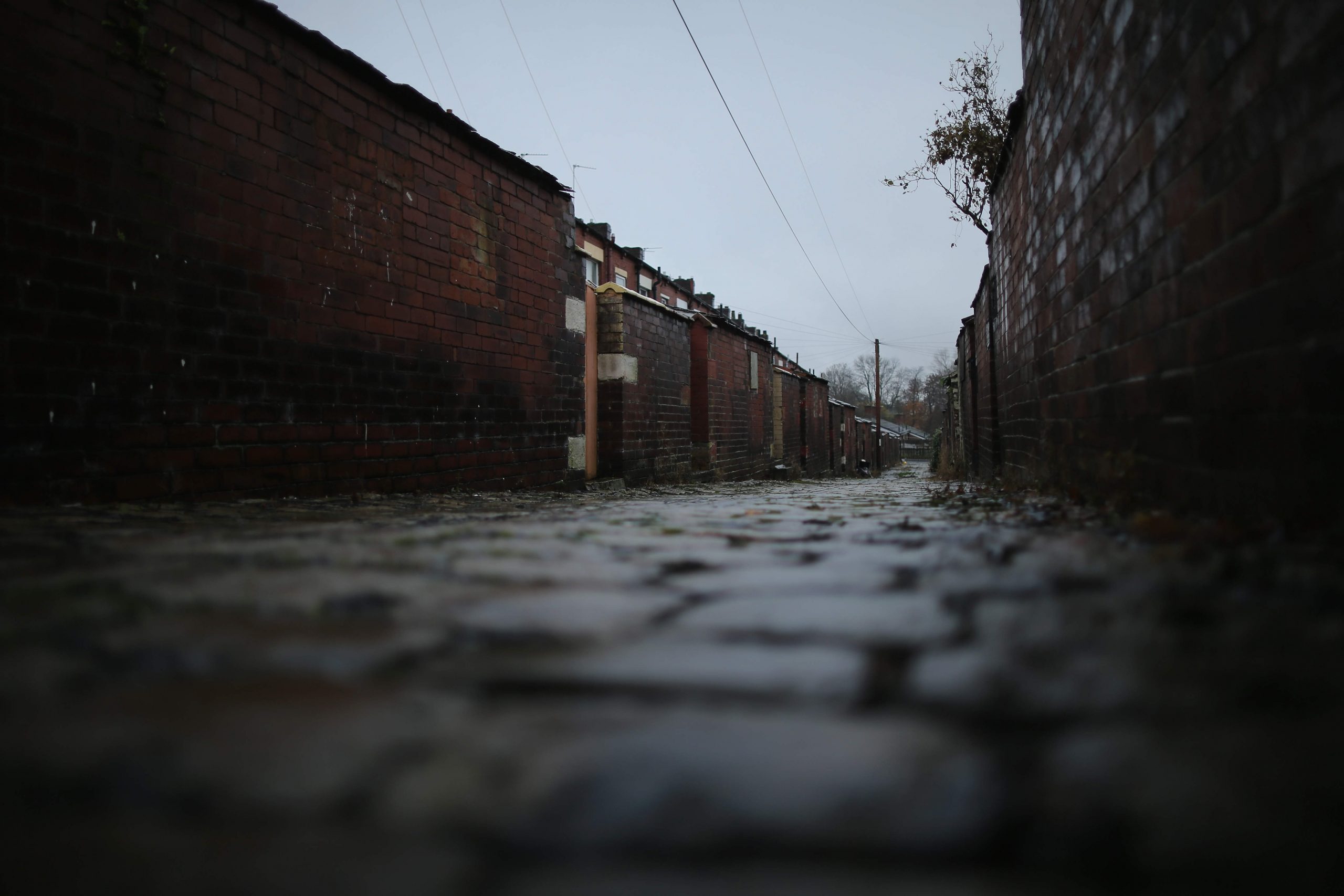
In 2009, I knocked on a door in one of the leafier bits of a Labour seat. The man who answered was incredibly angry, stark naked and – I remember this clearly – greying, everywhere. He was not voting Labour: we were all – including me, he added – claiming expenses and giving his money to lazy immigrants. There was no chance, he said, of him voting Labour ever again.
Labour held the seat by 4581 votes. The naked man is neither representative of the seat nor of my experiences on the doorstep in the run-up to the 2010 election, but he is the only voter I really remember speaking to.



